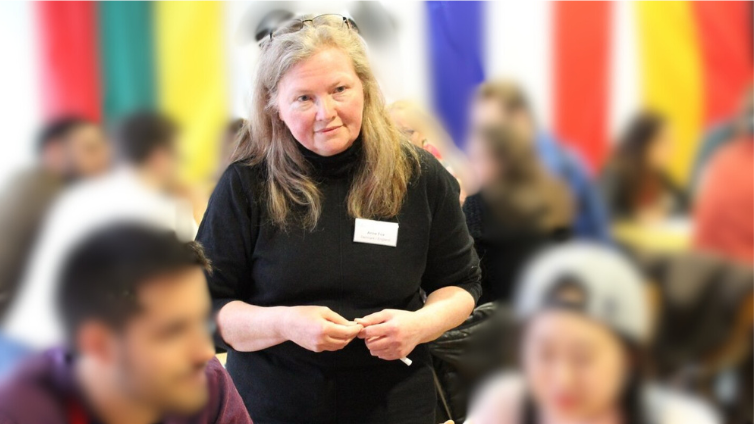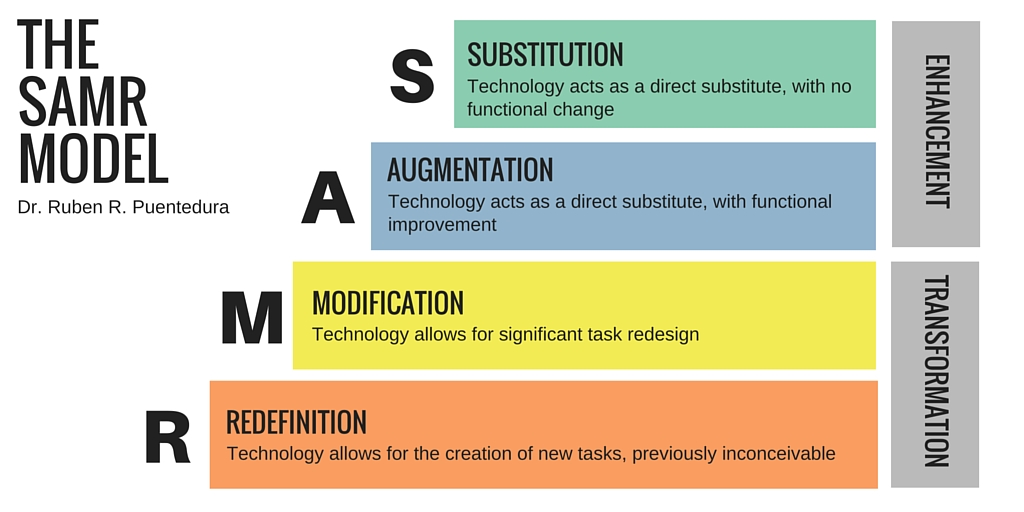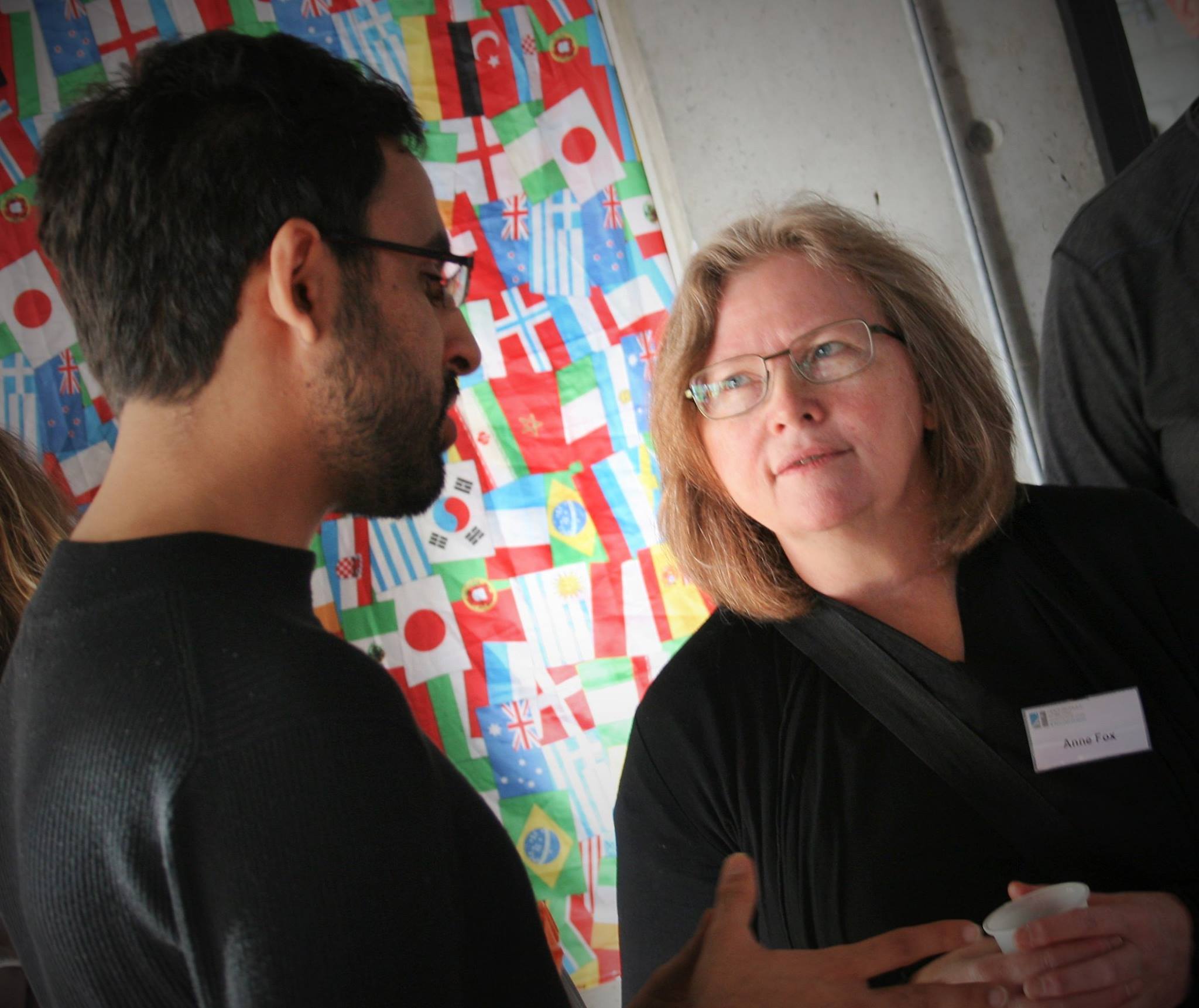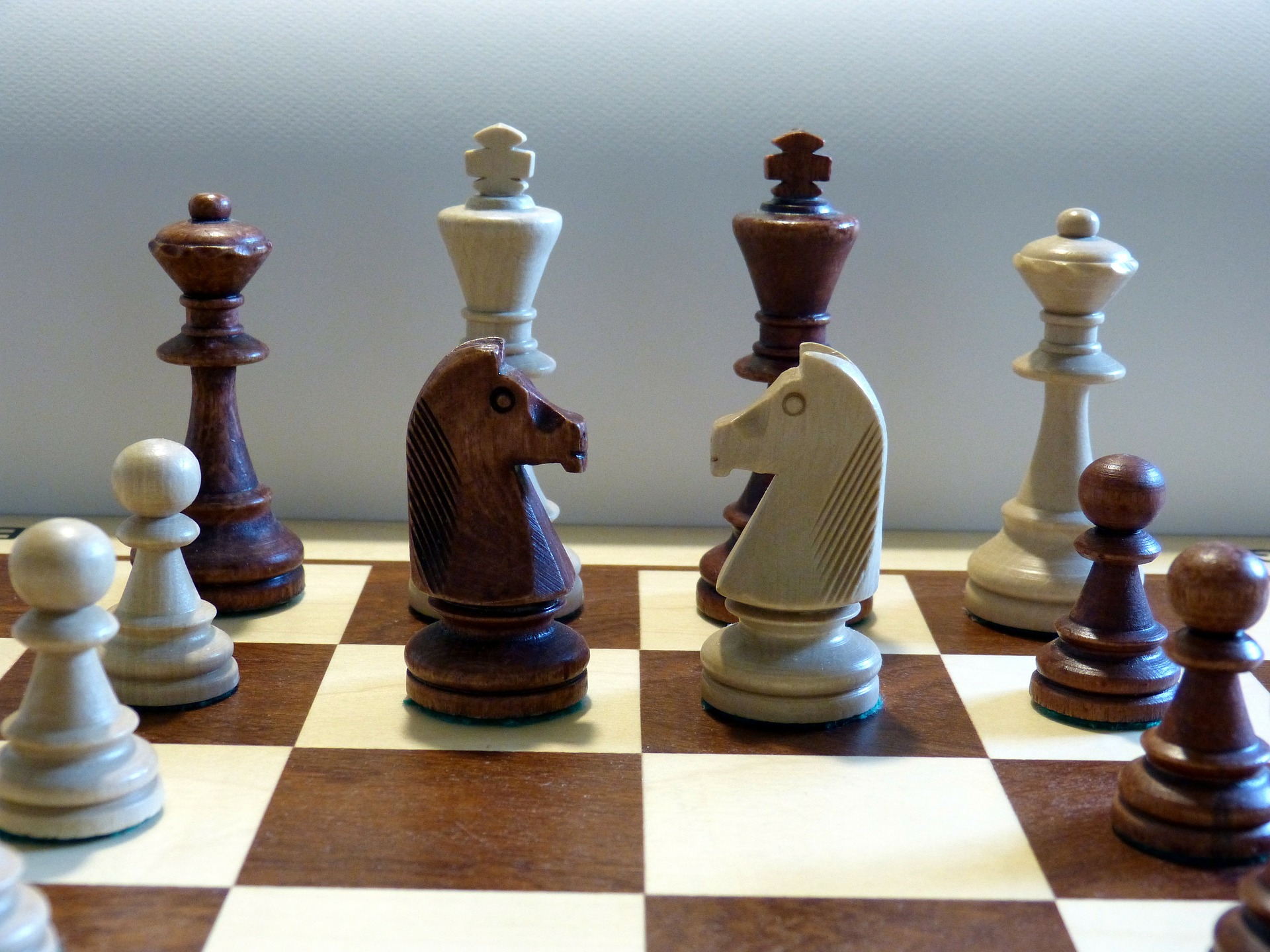Coaching connected learning across borders
I can support learning in online and blended course development (often through EU projects)

Project Partner
Varied experience with Nordplus, Erasmus+ and its predecessors
diversophy – intercultural game
Standard and refugee versions of the game for Denmark in the series
Free course package
Support refugees starting a business: course & facilitator training
Latest posts
-

SAMR online
It may seem odd but it looks as though there is a shortage of examples of how to apply the SAMR model to a course that is already fully online. Perhaps people think that because the course is 100% online then it must be reaching the full potential of what is possible online but I…
-

Modelling sustainability
Modelling sustainable behaviour is a powerful strategy for affecting those around you. Listen to Diana Solovyova from eastern Russia as she talks about three different aspects of being sustainable. As a professional ornithologist who does extensive fieldwork in the tundra and elsewhere, she is only too aware of the effects of waste packaging in the…
-

The goal of EfS in vocational skill training
In my last post I painted a rather bleak picture of where we are now in terms of sustainability (two and a half minutes away from the midnight of catastrophe to be exact). So what is to be done? Can anything be done? What can one individual or organisation do that is worthwhile?
-
Why sustainable vocational education?
Why has the EU co-financed a project to develop a blended training course for teachers in vocational skills? There are two parts to this question. Why education for sustainability? Why education for sustainability in vocational skills?
-

Managing Cultural Diversity
Some European universities are much more pro-active about internationalisation than others and I have a feeling that German universities are in general more proactive in this than HE institutions in other EU countries. The Managing Cultural Diversity seminar which I have just returned from is just one prong in a palette of events and opportunities…
-

Sustainable home-based business
Many use their household skills as the basis for a home-based business. It could be a Bed and Breakfast, with or without AirBnB. It could be the manufacture and sale of country food grown on their own land. It could also be a farm market or a small cafe in a little ceramics gallery. This…
-

Using games in conflict resolution
This book caught my eye based on the title alone “The Big Book of Conflict Resolution Games: Quick, Effective Activities to Improve Communication, Trust and Collaboration” (Big Book Series) by Mary Scannell. The book is not aimed at the adult education sector nor the intercultural communication sector. So once again, I am left wondering which…
-

Don’t forget the classic tools
In the last few posts I have been exploring different facets about how to resolve conflict in the diverse adult education classroom. This mainly revolves around taking the intercultural aspects into consideration such as tolerance for ambiguity and the role of the teacher (leader) in the classroom. This post is a reminder not to forget…
-

Reducing ambiguity
In the last post I made a case for not only the teacher but also the students to increase their tolerance for ambiguity. I suggested the following approach: ask about and clarify when behaviours are unexpected. even better is to anticipate misunderstandings and to make as much clear from the beginning as possible. there is…
-
The agony of ambiguity
One of the major intercultural competences is a tolerance for ambiguity. This means being open to different interpretations of what you observe and experience. Without awareness, we are likely to feel embarrassed or uncomfortable when people behave in unexpected ways. We are also more likely to attribute negative motivations such as They are doing this…